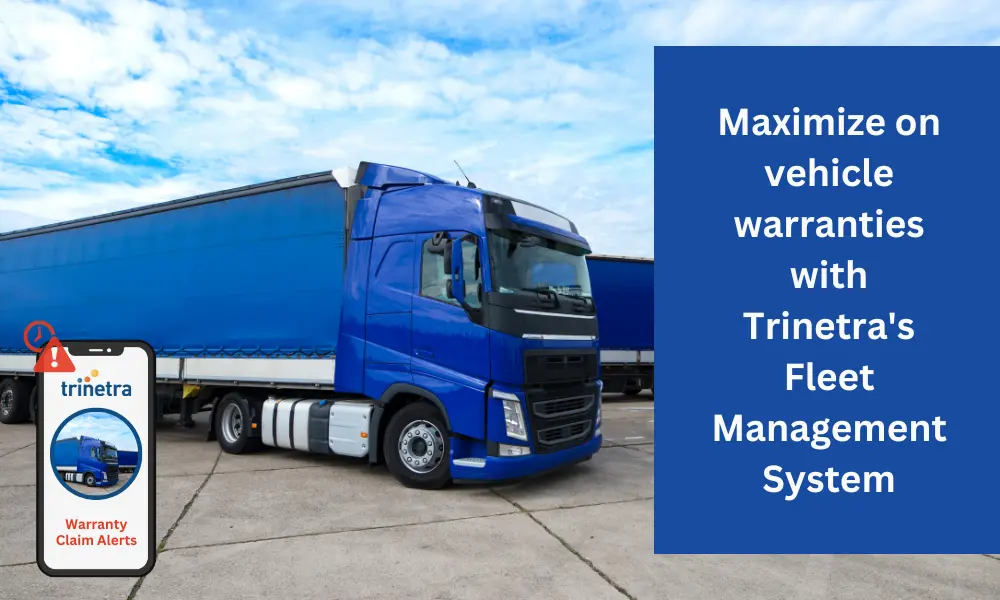Numerous incidents behind the wheel pose threats to the safety of drivers, other road users and vehicles. While drunk, distracted, and fatigued, driving must receive significant attention as safety is a key concern. However, there are other activities that are not given equal consideration in terms of driving safety. One such factor is harsh driving, which has an immediate impact on both safety and expenses. Although these actions are more prevalent than what most safety managers realize, they jeopardize the well-being of other vehicles on the road, increasing the chances of accidents that can lead to injuries or fatalities. Here we aim to delve into harsh driving events, and different events encompassed by it, plus how such events affect the financial or cost aspect of your fleet operations.
Various harsh driving events that impact fleet management and coats include:
Harsh Acceleration: Drivers may exceed necessary power to rush away from a stop, often due to distractions or the need to avoid collisions or other reasons.
Harsh Braking: Drivers forcefully stop their vehicles, indicating distracted or aggressive driving and potentially causing maintenance issues and insurance claims.
Harsh Cornering: Accelerating through turns increases the risk of flipping or crashes especially for top-heavy vehicles.
Distracted Driving: Engaging in other activities while driving, diverts attention and endangers everyone on the road.
Drowsy Driving: Fatigue impairs awareness, increasing the chances of a collision.
Posted Speed Violation: Exceeding speed limits puts both the driver and the vehicle at risk and counts as a harsh driving event.
Sign Violation: Failing to properly stop at stop signs or similar signals while driving.
Lane Drifting: Unexpectedly changing lanes without proper indication and clearance, leading to potential accidents.
Tailgating: Driving too closely behind another vehicle without sufficient stopping distance.
To detect harsh driving, three types of data can be utilized:
Vehicle acceleration data: An accelerometer records data in three dimensions: forward/backward, up/down, and left/right.
Data on Vehicle speed: This can be obtained from two sources – GPS module information and the Diagnostic data source of the vehicle (if available).
Engine speed: This is obtainable via the vehicle’s diagnostic data (if accessible). This information helps determine if the vehicle is Over-speeding, Experiencing harsh acceleration, Engaging in harsh braking, Engaging in harsh cornering or Over-revving.
Here are the effects of Harsh Driving on Fleets:
Higher Fuel Consumption: Harsh braking increases fuel consumption as vehicles require downshifting to lower gears, leading to higher engine revolutions and more fuel usage. Speeding to gain momentum also consumes more fuel.
Low Tyre Life: Acceleration, braking, and cornering cause uneven resistance, accelerating tyre wear and reducing performance.
High Vehicle Maintenance: Harsh driving reduces the vehicle’s lifespan, also leading to higher maintenance and fuel costs. It also damages tyres, brakes, and suspension, increasing the risk of collisions and breakdowns.
A fleet management and telematics solution has various features to monitor and prevent harsh driving events.
Driver Behaviour & Training: Driver behaviour monitoring can be done by a fleet management system with mobile integration. A driver scorecard can identify problems and the drivers who contribute to them based on defined parameters. The scorecard reports help in driver self-assessment. It will also help in upgrading skills and in training of high-risk drivers.
Vehicle tracking: every vehicle is assessed for its performance with help of the vehicle monitoring system in the fleet management software. Using the performance reports managers can evaluate vehicle health and engine diagnosis. The system can identify harsh driving events and help prevent them from recurring.
Video Telematics: Video telematics with the help of dashcams can give detailed insights into hazardous and harsh driving events. The fleet management system will help evaluate driving behaviour and in training drivers.
Fuel Consumption Reports: harsh driving events have a direct impact on fuel consumption. The fuel consumption reports extracted from the fleet management software can help analyse anomalies and harsh driving events to enable fleet managers to take corrective action.
Trinetra Wireless offers a fleet management system (FMS), a versatile software, that is future-ready, customizable for various needs, and already serving many clients. This fleet monitoring system offers mobile app integration and video telematics, supporting GPS and Geofencing technologies to the benefit of fleet managers and operators.








